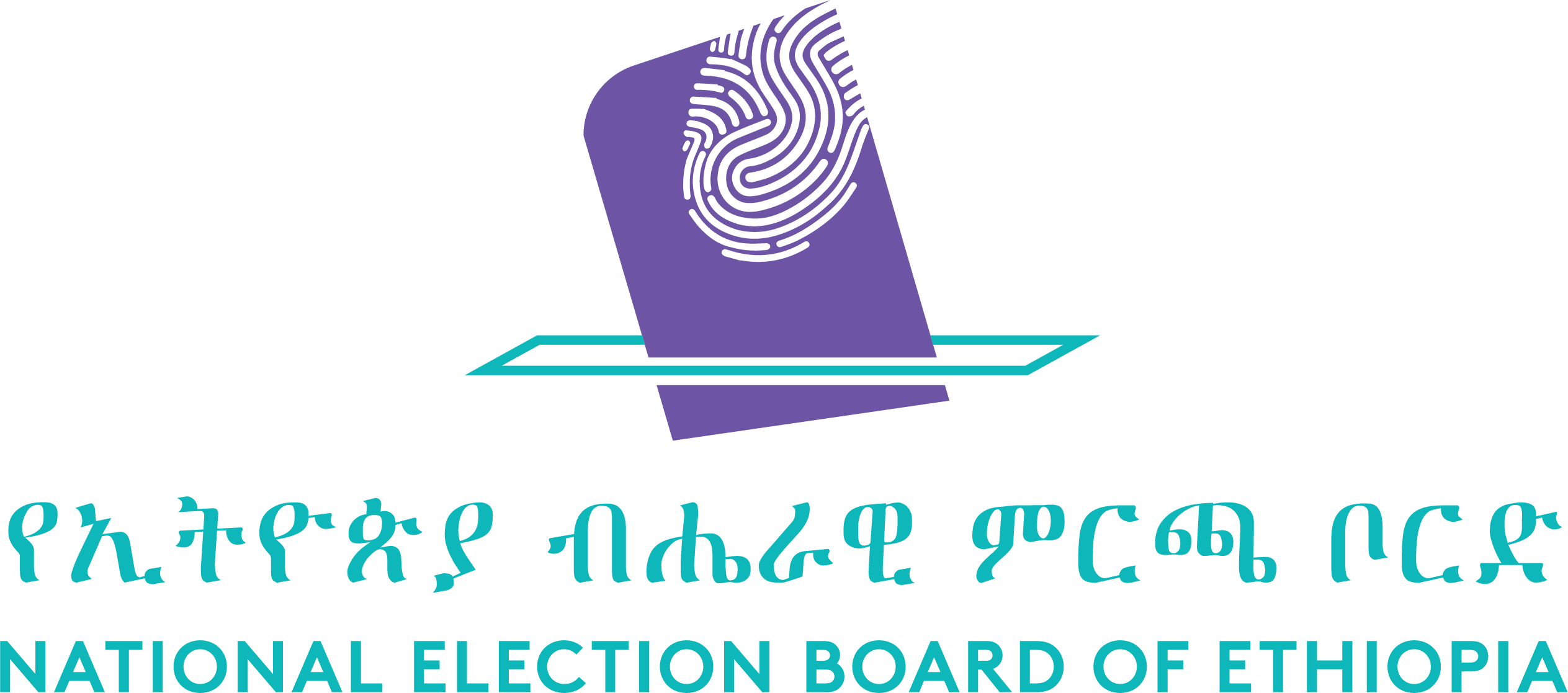Statement of report on Referendum result in six Zones and five Special Woreda under the Southern Regional Government
Click on this link to get a report on the implementation and result of the Referendum held by the National Election Board of Ethiopia in six Zones and five Special Woreda under the Southern Regional Government.
